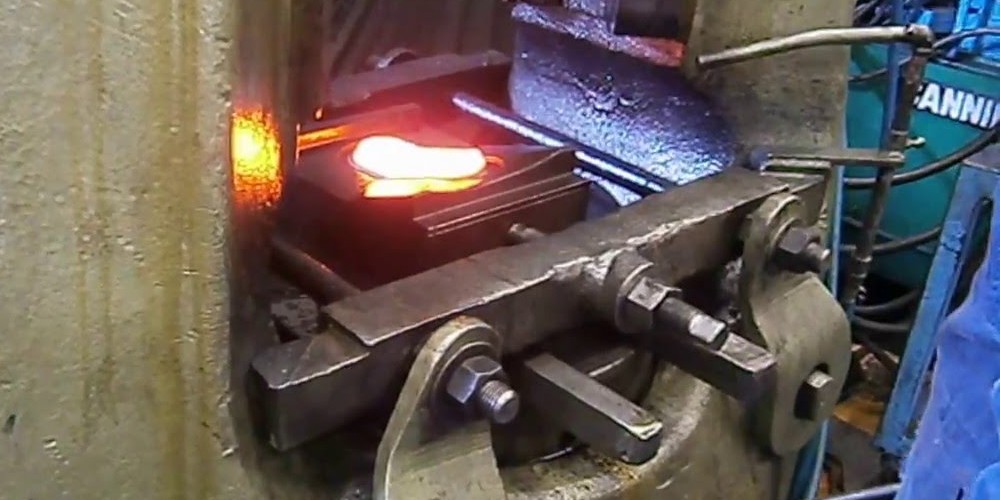When purchasing forging machinery for cold extrusion, the durable nature and the budget consideration are not the integral considerations that can affect productivity. You can successfully navigate a lot more benefits and yet achieve improved production with used equipment. Remember that each option, new or old come with drawbacks and benefits. Nothing should stop you when you consider purchasing second-hand forging equipment, provided you make the decision widely. Beware that some risks will be associated, but you can seek advice from a professional to investigate the equipment. Here are the tips for purchasing used forging machinery.
Crack detection
Before you accept ownership of a used forging machinery or related equipment:
- Ensure you check for cracks.
- Inspect the critical locations that are likely to cause problems if they are faulted.
- Use a colour contrasting dye-penetrant method to ensure that the equipment if fit your forging process. You can also use the ultrasonic method if you want to check the cracks thoroughly.
Machine history
You are advised to focus on the machine history rather than the year of the manufacturer. The forging machinery and equipment history will let you know how productive it could be and the general condition. Investigate your seller to learn all the facts about the machinery. If The owner had repaired it in any case, you deserve to be aware so that you can anticipate the future of the machinery.
Be sure to ask for the maintenance and servicing records so that you can understand and predict whether it could develop significant failures. Inquire if the previous owner used a suitable preventive maintenance program to discover and rectify defects.
Consider your options
When you purchase second-hand machinery, you need to keep your options and stay open-minded. Beware that the machinery might not meet all your expectations, and it will be necessary to change your mind when possible. If you have alternatives, it would be best to ask for opinions and see if something else is available for comparison.
The machinery dealer
Second-hand machinery could create risks, and for this reason, you will need a reputable dealer with whom you can do trustable business. Undertake a background check and research the available dealers, ask for recommendations and read reviews to understand more about the machinery dealer. Seek professional advice from colleagues and experts with a good track record. As such, you will definitely find a seller you can trust.
Conduct an inspection
Before installing second-hand forging machinery at the business, you need to inspect to confirm the general condition. Remember that these are significant investments that you will not want to waste your money on. Therefore, consult a professional, or you could also look at the critical parts before buying the forging machinery. If there are minor imperfections on the machinery, that would not be a reason not to buy but a point to negotiate with the seller. Most importantly, ensure the entire package will not attract additional costs that could bring inconveniencies during forging processes. Remember you have a chance to check out other options if you are not satisfied with any aspect of the forging machinery.
